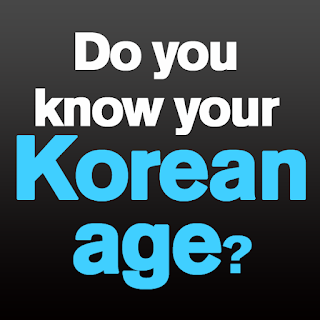South Korea has long been recognized for its unique cultural traditions, one of which is the distinctive system of calculating age. Unlike the international standard, the Korean age system adds a year to a person's life at birth and then another with each New Year. This method is deeply rooted in the nation's social framework and cultural practices, emphasizing collectivism and respect for the elderly. However, recent legislative changes signal a significant cultural transformation as South Korea aligns with global standards. At freeastroscience.com, we delve into the implications of this shift, exploring how it reflects on South Korean society's balance between maintaining cultural identity and embracing international norms.
The Traditional Korean Age System and Social Dynamics
In Korea, age is not just a number but a critical factor in defining social interactions and hierarchy. The Korean age system, where a person is considered a year old at birth and ages collectively with the New Year, is a testament to the society's collective values. This system is a cornerstone of social identity in Korea, fostering strong bonds and understanding among community members.
Shifting to International Age Calculation: A Cultural Milestone
A notable shift occurred when South Korea adopted the international method of age calculation, counting each year after the completion of 365 days post-birth. This change, implemented in December, aims to dispel confusion and standardize age calculation with the rest of the world, marking South Korea's steps toward global integration.
Harmonizing Age Calculation: Solving Practical Challenges
Prior to this harmonization, South Korea juggled three age systems: international, Korean, and calendar ages. This complexity often led to confusion, exemplified during the COVID-19 vaccine distribution. The consolidation to a singular age system is set to improve bureaucratic efficiency and simplify age-related procedures.
Public Health and the Push for Uniform Age Calculation
The pandemic's challenges highlighted the necessity for a consistent age system. With a government survey indicating that over 80% of South Koreans favored the international system, the country swiftly moved to standardize age calculation, emphasizing the need for clarity in public health initiatives.
Transitional Measures in Education and Military
While South Korea has adopted the international age system, certain sectors like education and military service will retain traditional age measurements for continuity. However, a gradual transition is expected across other societal aspects to promote uniformity and ease in both personal and professional spheres.
Impact on Employment and Corporate Culture
The new age calculation may also influence employment and corporate structures in South Korea. As age plays a significant role in career development, this standardization could lead to merit-based advancements, fostering greater transparency and equal opportunity in the workplace.
Cultural Significance and Modernization
As South Korea adapts to the international age calculation, it will be fascinating to witness the cultural implications. The traditional Korean age will maintain its cultural value, symbolizing the balance between modernization and cultural preservation, with continued use in social and familial settings.
Educational Initiatives for Cultural Preservation
With the new system in place, educational efforts to raise awareness about the Korean age tradition are essential to ensure comprehension and respect both within South Korea and in the international community.
At freeastroscience.com, we're committed to providing insightful analysis on cultural transformations like South Korea's age calculation evolution. Understanding these changes is crucial for both residents and international observers to appreciate the delicate interplay between preserving traditions and embracing a globalized world.
Written by Chatsonic


Post a Comment